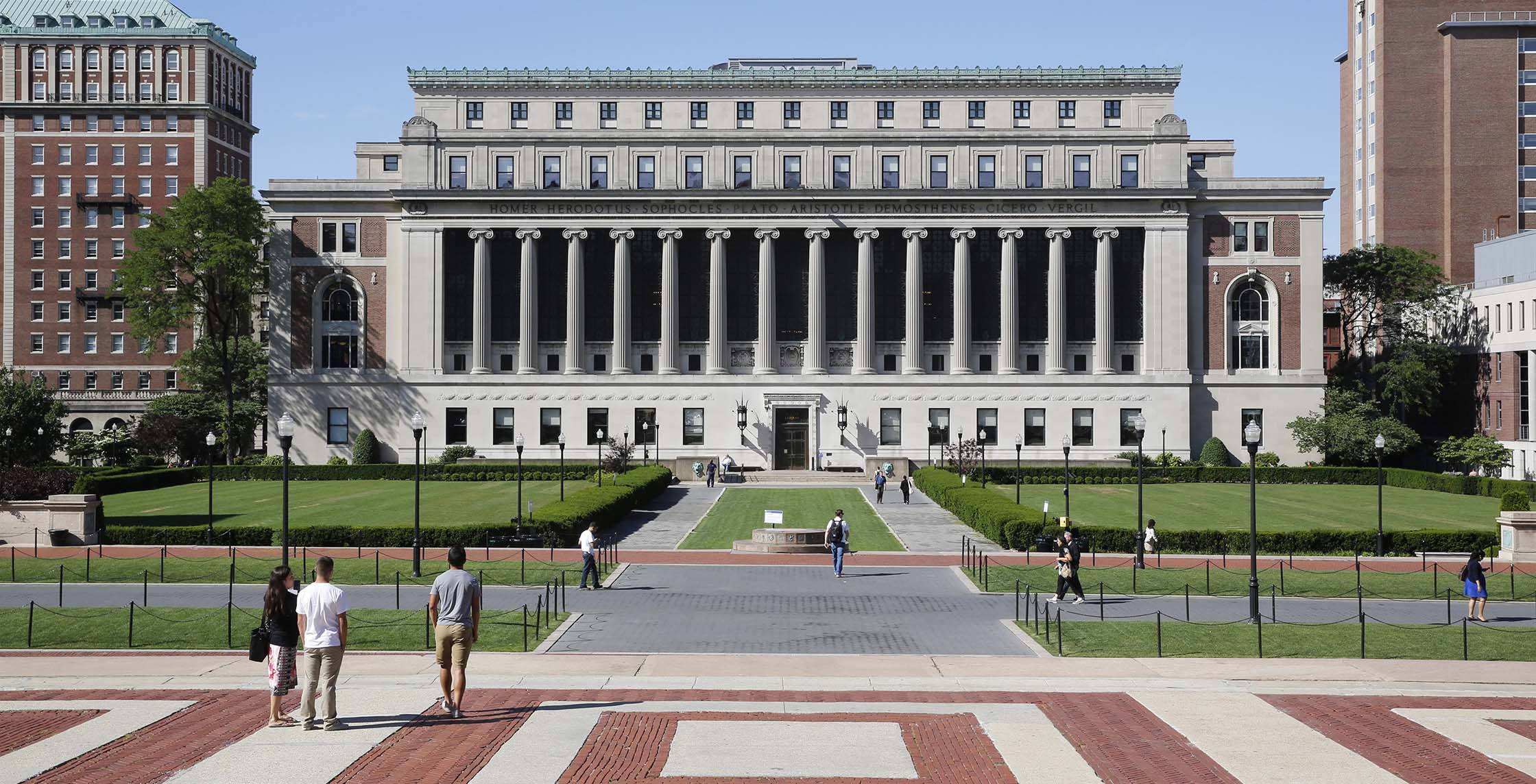Increasingly dissatisfied with Columbia University’s coronavirus measures, more than 1,000 students have refused to pay tuition for this current semester until certain demands are met.
The tuition strike began last Friday, the day semester payments were due. The protesters, including both graduate and undergraduate students, feel that the university has disregarded their financial hardship and has ignored “initiatives democratically supported within the community.”
Students have pressed the Ivy League school to reduce tuition by 10 percent, increase financial aid, and maximize online class offerings. They have cited other institutions such as Williams College in Massachusetts which have already lowered their cost of attendance by 15 percent for the academic year.
Minor Concessions
Earlier this month, Columbia agreed to minor concessions to appease the growing number of students threatening a strike. Administration offered to waive late fees for tuition payments, increase spring financial aid, and provide certain grants.
Students were also successful in urging the school to divest from publicly-traded oil and gas companies in their desire to take more substantial action against climate change. However, students feel that these concessions are not sufficient.
Columbia has allegedly earned a $300 million profit during the pandemic through growing endowment funds held in the stock market. Protestors feel that, despite this positive financial footing, Columbia has been unwilling to pass this benefit on to students during a period of economic suffering.
Moreover, some students received a $150 penalty despite late fees being waived. However, the university clarified that the penalty was levied against those who incurred unpaid bills before December 19.
Matthew Gamero, a Columbia sophomore, explained that he withheld his tuition because he believes that the school is trying to profit from him. Gamero felt that the school does not care for its students, especially since online classes started.
A university spokesperson sent an emailed statement assuring students that their demands have been heard by the administration.
“This is a moment when an active reappraisal of the status quo is understandable, and we expect nothing less from our students. Their voices are heard by Columbia’s leadership, and their views on strengthening the University are welcomed.”



